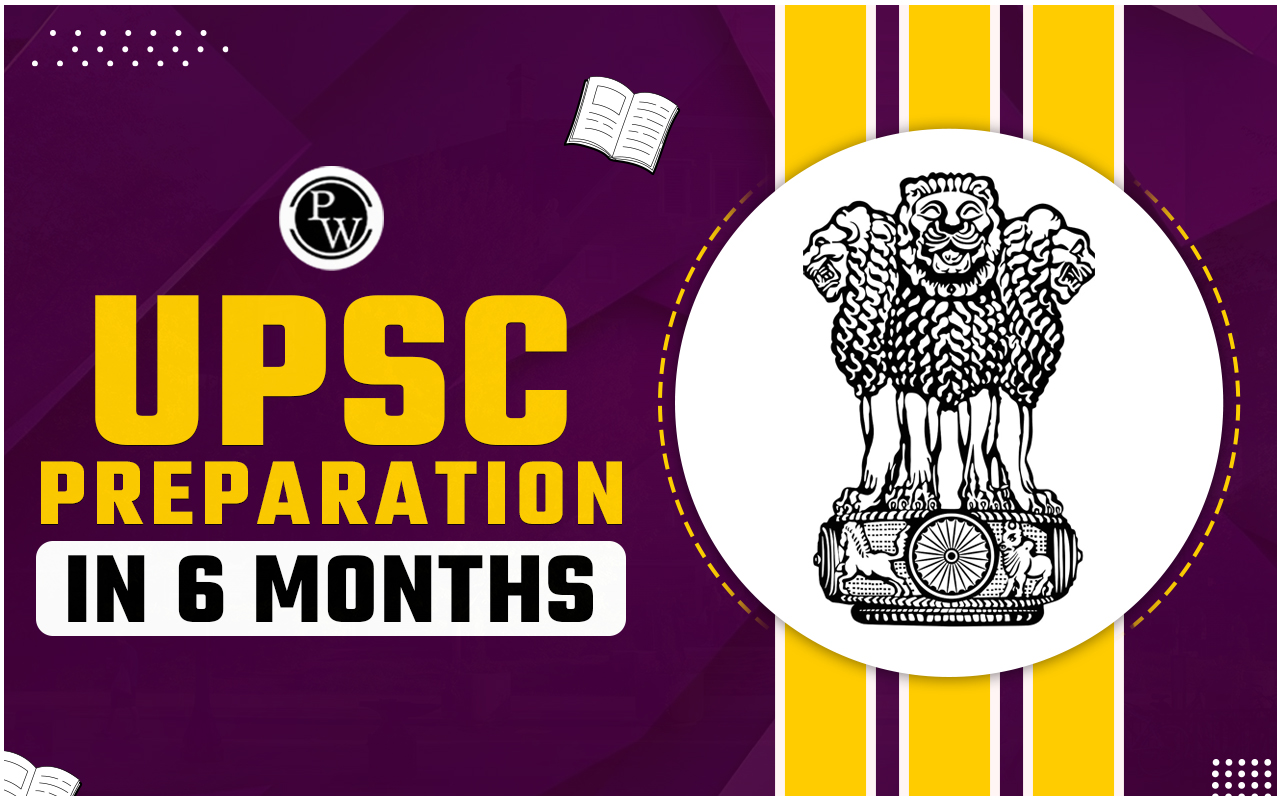The Union Public Service Commission (UPSC) Civil Services Examination (CSE) is one of the toughest competitive exams in India. With its vast syllabus and rigorous selection process, clearing the UPSC exam is a challenge that requires strategy, dedication, and disciplined preparation. While most aspirants prepare over a year or more, it is possible to prepare for the exam in just six months if you approach it with a focused and well-structured plan. Here’s a detailed guide on how to prepare for upsc in 6 months.
Step 1: Understand the Exam Pattern and Syllabus
The first step in preparing for the UPSC CSE is to familiarize yourself with its pattern and syllabus. The exam consists of three stages:
- Preliminary Examination (Prelims): Objective-type questions with two papers – General Studies (GS) and Civil Services Aptitude Test (CSAT).
- Main Examination (Mains): Descriptive papers covering nine subjects, including an essay, four GS papers, two optional subject papers, and two qualifying language papers.
- Interview (Personality Test): A final round to assess personality, communication skills, and decision-making ability.
Thoroughly go through the UPSC syllabus to identify key areas of focus. Keep a copy of the syllabus handy and refer to it often to stay aligned with your preparation.
Step 2: Create a Realistic Study Plan
With only six months in hand, every day counts. Divide the six months into three phases:
Phase 1 (First Two Months): Focus on building your foundational knowledge and covering the static portion of the syllabus, including History, Geography, Polity, Economy, Environment, and Science & Technology. Allocate specific days for each subject and stick to your schedule.
Phase 2 (Next Two Months): Dedicate this phase to intensive revision and answer writing practice. Focus on strengthening your weaker areas and revising previously covered topics. Start practicing mock tests for Prelims and Mains.
Phase 3 (Last Two Months): Focus on Prelims preparation for the first month and dedicate the last month to revising Mains-specific topics. Practice previous years’ question papers and fine-tune your answer-writing skills.
Step 3: Focus on Key Resources
Given the limited time, rely on trusted and concise study materials rather than trying to cover everything. Some essential resources include:
- NCERT Books (Class 6 to 12): For basic concepts in History, Geography, Polity, Economy, and Science.
- Standard Reference Books: Examples include Laxmikanth’s Indian Polity, Spectrum’s Modern Indian History, and Shankar IAS’s Environment.
- Daily Current Affairs: Follow a reliable newspaper like The Hindu or Indian Express and refer to monthly current affairs compilations by coaching institutes.
- Mock Tests and Previous Years’ Papers: Solve as many as possible to improve your speed and accuracy.
Step 4: Develop a Strong Command Over Current Affairs
Current affairs play a crucial role in both Prelims and Mains. Dedicate at least one hour daily to reading newspapers, noting down important topics, and revising them regularly. Focus on issues related to government policies, international relations, environment, and economic developments.
Step 5: Practice Answer Writing
For Mains, answer writing is a vital skill. Start with writing answers to simple questions and gradually progress to more complex ones. Join a test series to get regular feedback on your writing style and content. Remember, clarity, structure, and relevance are key to scoring well in Mains.
Step 6: Manage Your Time Wisely
Time management is critical when preparing for UPSC in six months. Set daily, weekly, and monthly targets and review your progress regularly. Avoid wasting time on unnecessary distractions and focus on quality study hours.
Step 7: Stay Motivated and Consistent
Preparing for UPSC is a mentally demanding journey. Stay motivated by reminding yourself of your goal. Surround yourself with positive influences, practice mindfulness, and take short breaks to avoid burnout. Consistency is more important than long hours of study.
Step 8: Focus on Prelims in the Last Month
As the Prelims approach, focus entirely on revision and mock tests. Practice elimination techniques for objective questions and improve your speed and accuracy. Avoid starting new topics in the last month.
Step 9: Prepare for the Interview
If you clear the Prelims and Mains, start preparing for the interview simultaneously. Work on improving your communication skills, staying updated on current events, and presenting your opinions confidently.
Final Thoughts
Preparing for the UPSC exam in six months is challenging but achievable with a focused and disciplined approach. Stick to your study plan, use reliable resources, and practice consistently. Remember, success in UPSC is not just about hard work but also about smart work. Stay positive and give your best effort. All the best!

